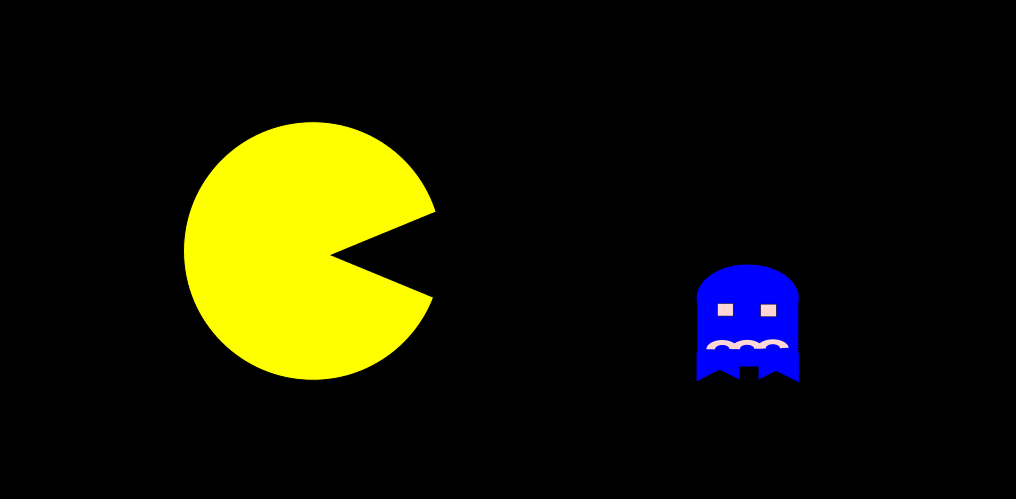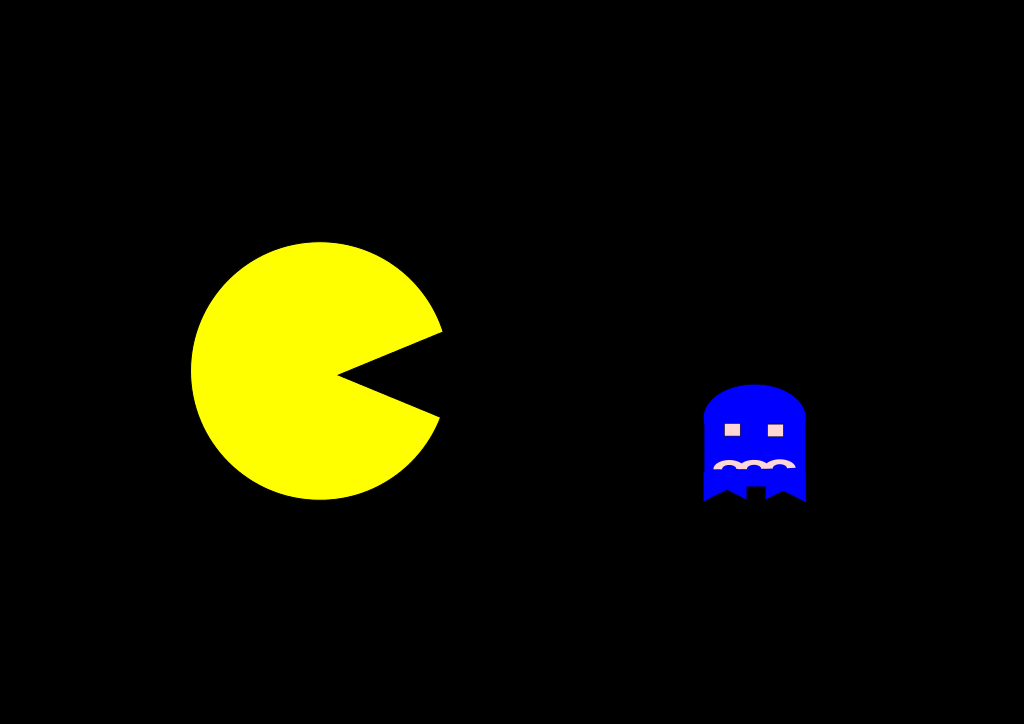Masaya Nakamura recently passed away at the age of 91. You may not be familiar with that name, but his impact on the world was huge: Known as “the father of Pac-Man,” he helped usher in the video game age.
The Japanese industrialist graduated from the Yokohama Institute of Technology in 1948. He studied shipbuilding, but he opted to pursue a modern—and profitable—form of conveyance building. In 1955, Nakamura founded the Nakamura Manufacturing Company to make and distribute kiddie rides for Japanese department stores. Those little horses or trains you’d pop a coin into, and it would move back and forth for a minute that you adored when you were five? Nakamura made a fortune making those—at one point, he secured a contract to put them in every location of Mitsukoshi, one of the biggest Japanese department store chains.
In the late ‘70s, Nakamura sensed that coin-operated horsey rides would give way to the next great coin-driven entertainment: arcades full of video game. So, Nakamura shortened the name of the company to NAMCO and created a video game division. Along with acquiring the Japanese division of Atari, giving both companies access to the emerging video game markets in both countries, NAMCO’s first game was the car racing game, F-1. It’s first hit was Galaxian, a Space Invaders knockoff. But the one that would really earn Nakamura and his company a place in video game history was Pac-Man.
Twenty-five-year-old game designer Toru Iwatani got the idea of a pie-shaped circle chasing around ghosts while eating dots when he saw a pizza with a slice taken out of it. He combined that with modifying kuchi, the Japanese character for “mouth.” It was Nakamura, though, who named it Pac-Man—shortened from “pakku,” roughly the sound the little yellow circle made as it ate dots and ghosts.
NAMCO went on to produce other early video game classics: Pole Position, Galaga, and Ms. Pac-Man, for example, but Pac-Man was a monster. It’s still the highest-grossing arcade game in world history. All told, Pac-Man brought in $3.5 billion by 1990. Nakamura remained with the company throughout, only stepping down as CEO in 2002, shortly before his company was sold to rival video game company Bandai. Nakamura retained an advisory role in the company almost up until the time of his death.

R.I.P., the Father of Pac-Man








